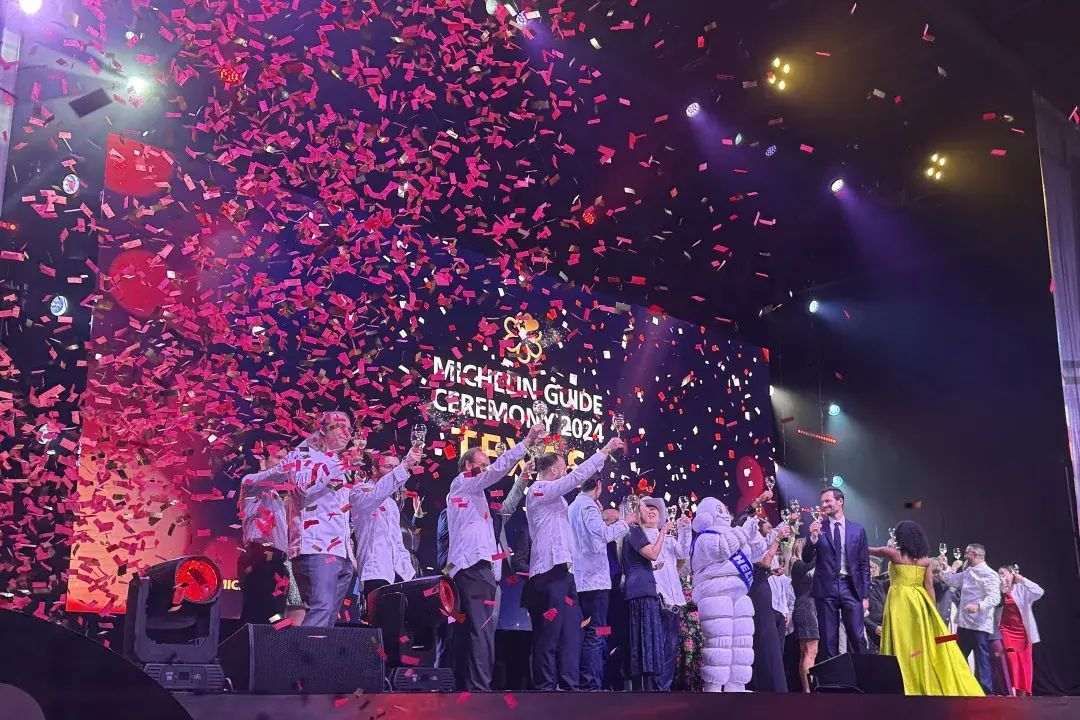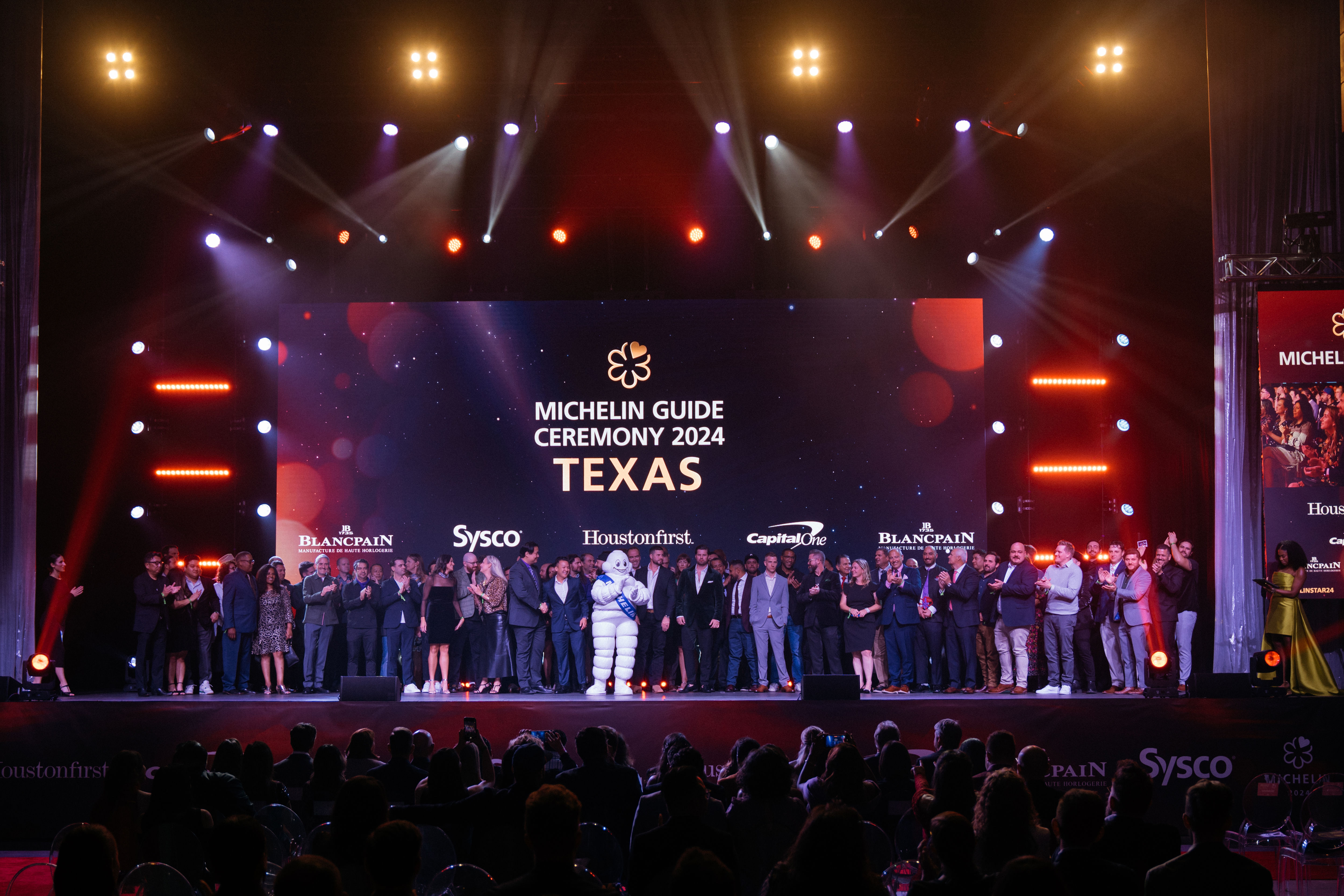Review: Lorde Holds Court at Bayou Music Center
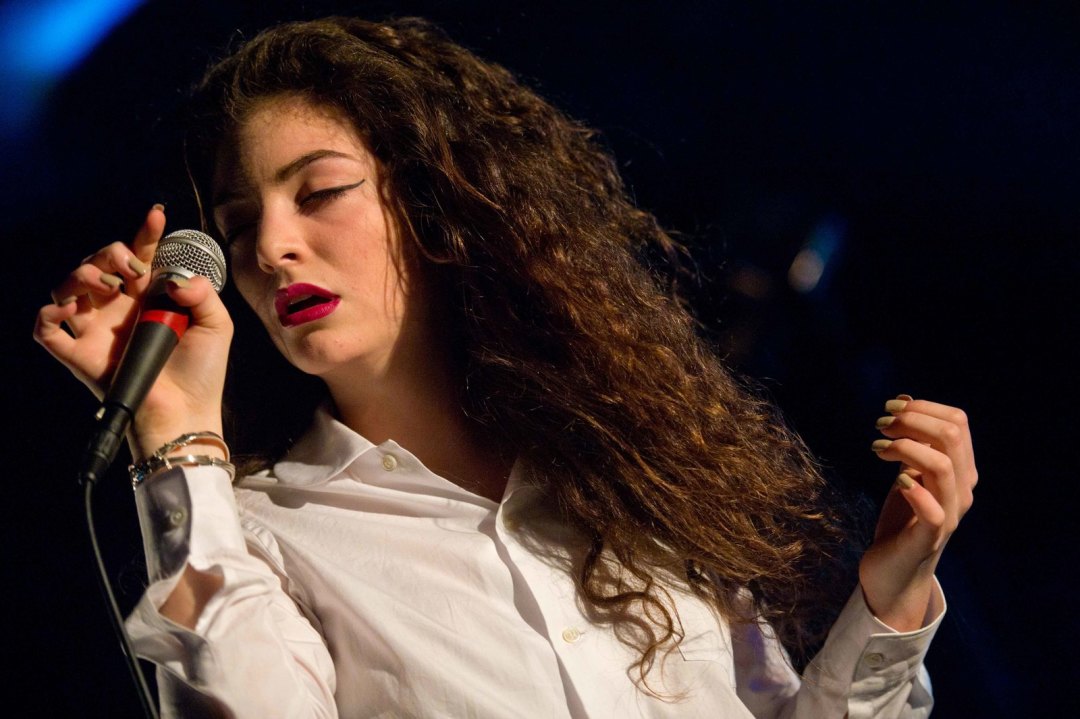
Lorde performs on September 28, 2013 at Showbox in the Market during the Decibel Festival in Seattle, Washington.
Boredom is a central experience in pop music. The anger and alienation that come with helpless downtime can lead otherwise normal people to caricature themselves for mass consumption. In this, 17-year-old pop sensation Lorde isn't that different from the rest of the pack she currently leads. Her song "Royals," which recently won Grammys for Best Solo Pop Performance and Song of the Year, addresses this boredom directly. As a suburban teen growing up in New Zealand, Lorde (née Ella Marija Lani Yelich-O’Connor) sings about feeling disconnected from the materialistic depravity of the culture she's been told to desire. Her whole career involves attempting to reject that culture while playing along just enough to get attention from people like the Grammy voters. Songs like "Team" and "Tennis Court" from her debut album Pure Heroine use the syrupy vocal downshifts and bass-heavy sweeps that have become popular shorthand for the sensory overload of a consumerist culture. Above this très current production, she sings about disillusionment, refusing greed, and wishing she were younger. How have we created a world where 17-year-olds pine for a return to innocence? Where did we go wrong?
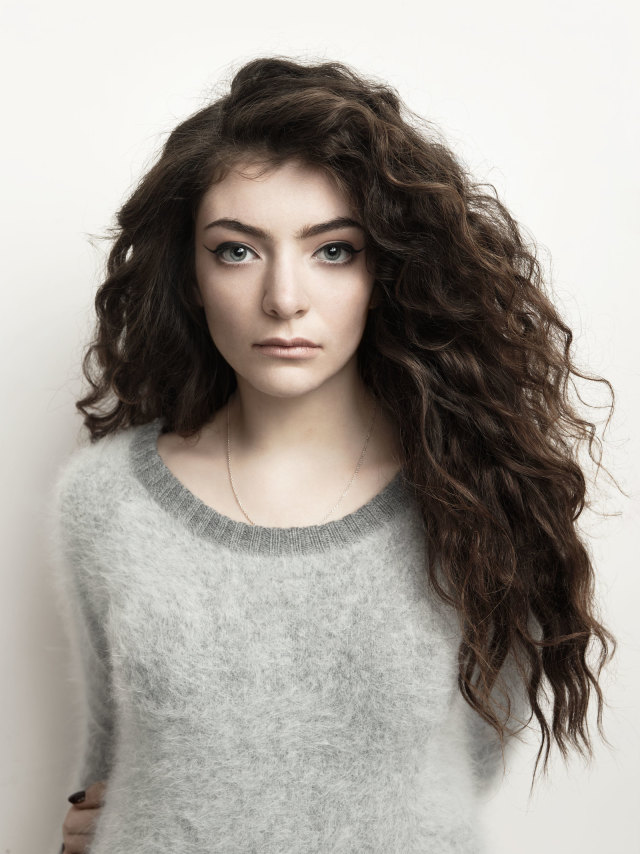
Image: Charles Howells
It's what Lorde doesn't say that provides the answer. Her music is shockingly devoid of the sexualized femininity and vacuous excess that we have come to expect from celebrities, and full instead of mundanities like driving around aimlessly listening to pop music and hanging out with friends. The latter sounds dull on its face, but for Lorde it’s a relief to escape the expected trappings of the good life. Very little space is afforded in our culture for girls to be girls, or for kids to be kids, absent the influence of the adult world's tendency toward homogenizing objectification. I don't know if there's a single song on Pure Heroine that makes any grandiose claim to that kind of world—and maybe because of that, her music, which borrows atmosphere from the crystalline spaciousness of The XX and the all-devouring bass of James Blake, feels refreshingly real. Rather than growing complacent in her boredom with pop culture that doesn’t ring true, she’s located the sounds that do and filled them out with her own experiences.
At last night’s concert, Lorde did her best to reach out to her audience—a difficult task in the impersonal cavern of the Bayou Music Center, which feels more like the Galveston Pleasure Pier or the nearby Aquarium than a living, breathing concert venue like Fitzgerald's or Walter's. At Fitz I recently saw Langhorne Slim talk with his audience like they were just a bunch of friends, whereas at a venue like the BMC it's impossible to ignore the fact that a large number of people have paid good money for the concert, and have specific expectations.
Still, what's refreshing about Lorde is that she's not tired yet—she engaged as much as possible with her fans, at one point even noting that doing this every night hasn't dimmed her excitement at seeing so many people gathered to spend time with her. Throughout her set, which included almost all of her debut album, she tried to communicate that she was actually here with us.
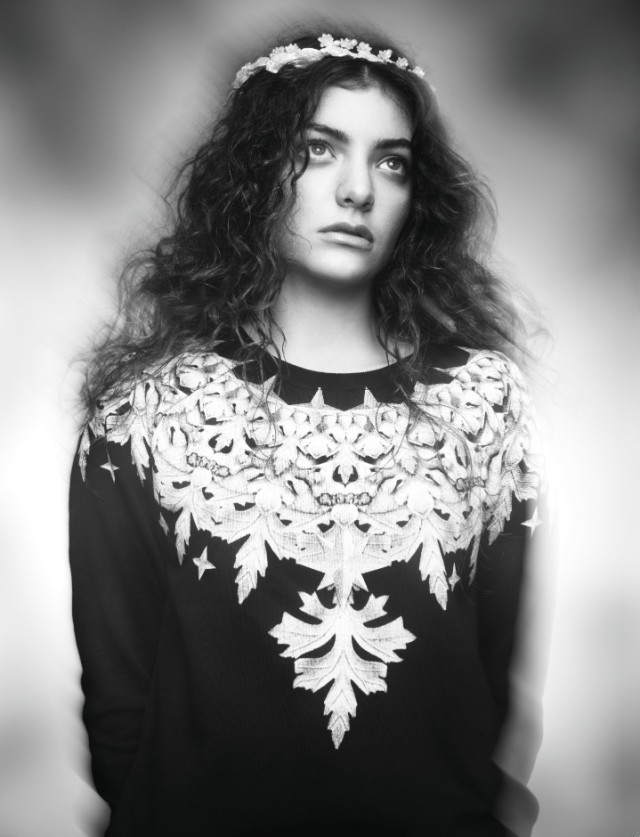
Image: Charles Howells
Opener Lo-Fang felt like a distraction at best—an emissary of the gently-stubbled masculine earnestness that keeps stalwarts like John Mayer and Snow Patrol on the shelves at Starbucks. His blend of synthesized rhythm and Andrew Bird–style violin meanderings felt mildly novel, and I got the sense that he feels what he's singing, but as a performer he was forgettably smooth-edged and polished. Maybe he should take dance lessons from Lorde.
One of the most interesting parts of Lorde’s set came in her introduction to “Ribs,” a song about growing up and taking on responsibilities beyond one’s years or preparation. She told the audience about partying while her parents were out, and about how she wrote the song to help her when she feels the desire to regress to a younger, less responsible age. Dropping all pretense, she told us she writes songs because they help her feel better, and that she hopes the things that help her can help us too. From where I stood near the back of the floor, it seemed as though no one around me was listening – the adults in attendance were too busy getting drinks and taking selfies to notice that she was speaking to them. But her constituency heard her and welcomed the catharsis to come.
This is exactly the divide that makes Lorde beguiling to the larger world—she rejects greed, lust, pride, and envy out of hand, refusing to even play the game. Her minimalist aesthetic extends from simple, straightforward lyrics and bass-heavy, fully-synthesized music, to her stage show, which makes use of strobes, fog, confetti, and large video screens while still feeling restrained. Given that so much of contemporary pop revels in sex, money, and drugs, it seems likely that she’s simply working with the few parts of the available palette that she doesn’t find objectionable. She doesn’t care about any of that, freeing her up to connect with an audience that doesn’t either. Watching the fans file out after the show, grinning even as they were herded like cattle through narrow chutes to the exit, past opportunistic vendors hawking $30 commemorative t-shirts, I felt hopeful for the kids Lorde is reaching. We’re doing as much as we can to bring them along on our crass, amoral consumption trip, but for an hour last night they were abuzz with the wisdom of their self-proclaimed queen bee.
